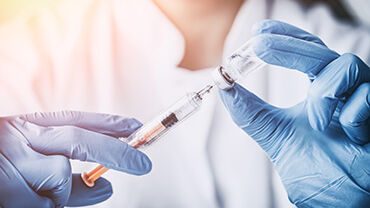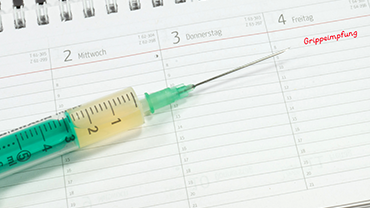Pertussis (whooping cough)
Pertussis, also known as whooping cough, is a highly infectious bacterial disease that affects the respiratory tract. It is caused by a bacterium found in an infected person's mouth, nose and throat.
Symptoms usually appear 7 to 10 days after infection. Initially, the symptoms are similar to those of a common cold, and include
- sneezing
- runny nose
- low-grade fever
- mild cough
Pertussis can occur at any age, but the most commonly diagnosed age groups are infants under one year of age and adolescents between 10 and 20 years of age. However, an increasing number of adults are being diagnosed with pertussis.
As a general rule, all people who have not completed their immunisation schedule are at risk of contracting the disease. In addition, immunisation does not last over time, so it is possible to have whooping cough more than once in a lifetime.
Pertussis can lead to complications such as
- pneumonia
- ear infection
- dehydration
- seizures
- brain disorders
- hernias
- rib fractures.
Severe cases can lead to death.
Pertussis is mainly transmitted by the inhalation of infected droplets from the nose or throat of an infected person. It can also be transmitted even if the infected person is mild and even asymptomatic.
The most effective protection against pertussis is full vaccination. The vaccination schedule differs from country to country, with some countries recommending booster doses at certain times, such as adolescence or pregnancy in women.
Antibiotic therapy is also available, but to be effective it must be started at an early stage of the disease, within two weeks or so of onset. In the case of a very young infant or critically ill child, it is important to provide supportive care while they are in hospital.
Protective measures include wearing a mask to cover the nose and mouth to avoid the risk of infection. It is also recommended that those infected avoid close contact with young children and infants. In addition, people in close contact with infected persons can receive preventive treatment.






